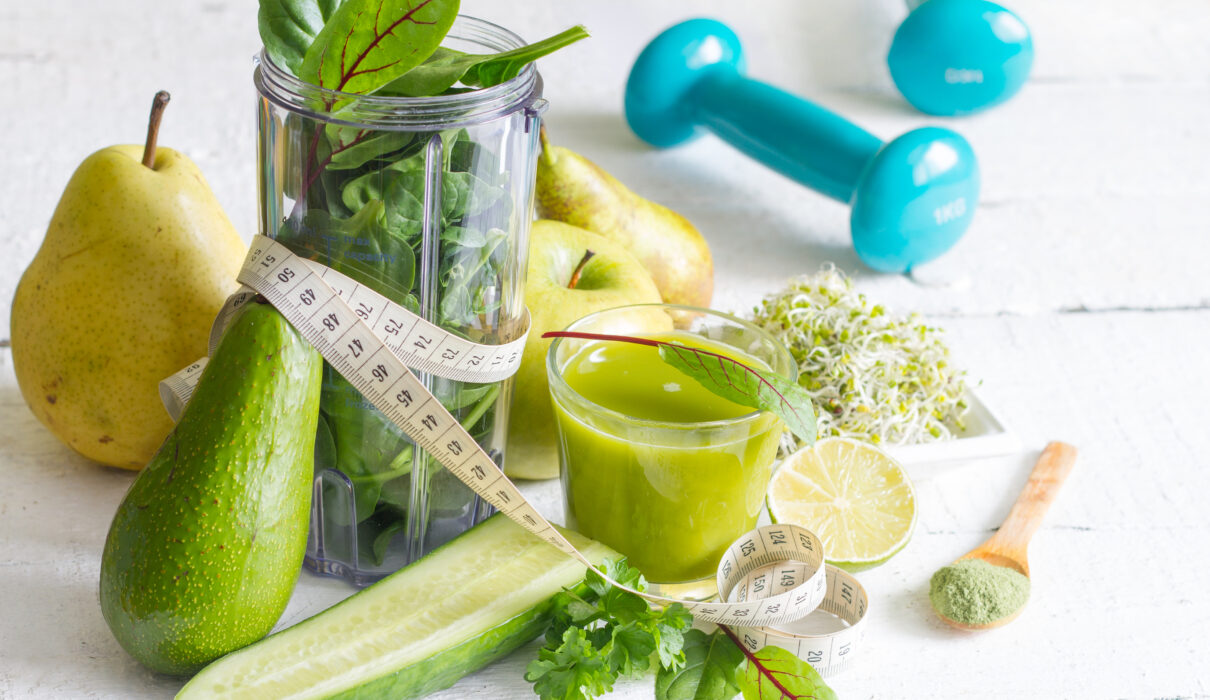When you’re committed to strength training for women, taking part in group fitness classes, or working one-on-one with a personal trainer in Hampton, getting your nutrition right is essential. But it’s a fine line. Too much fuel and you’ll feel sluggish or see unwanted weight gain. Too little, and you’ll burn out, lose strength, or hit a frustrating plateau.
So how do you strike the balance? Here’s how to fuel your workouts effectively, without falling into the traps of overeating or undereating.
Understand Your Baseline Needs
Every body is different, so your energy needs depend on factors like your age, weight, muscle mass, and activity level. To support regular strength training for women, your body needs a solid foundation of energy just to function — this is your Basal Metabolic Rate (BMR).
Once you factor in energy burned during group fitness classes or time with your personal trainer in Hampton, your daily needs increase. According to the Australian Government’s Eat For Health guidelines, active women may need anywhere between 8,700 to 10,000 kilojoules (approx. 2,000–2,400 calories) per day — more if you’re training hard or working towards muscle growth.
Focus on Nutrient Timing
Nutrient timing helps you get the most out of your food without overeating. Try this approach:
- Pre-workout: Eat 1–3 hours before training. A mix of carbohydrates (for fuel) and protein (for muscle support) works best. Think oats with Greek yoghurt or a banana with peanut butter.
- Post-workout: Within 30–60 minutes after training, refuel with protein and some carbs to aid muscle recovery — like a protein shake and a slice of wholegrain toast.
- Main meals: Aim for three balanced meals across the day, including a mix of lean protein, healthy fats, whole grains, and colourful veg.
If you’re doing regular strength training for women and hitting group fitness classes several times a week, these timing strategies can help you maintain energy without constantly reaching for snacks.
Tune Into Your Hunger Cues
One of the most underrated tools in your fitness journey is body awareness. Hunger and fullness cues are your body’s way of telling you what it needs. Overeating often comes from eating out of habit, boredom or emotional triggers, while undereating can stem from poor planning or diet culture hangovers. You can even easily mistake thirst for hunger!
Here’s how to reconnect:
- Eat slowly and without distractions (yes, put your phone down!)
- Check in with yourself mid-meal — are you still hungry, or just eating because it’s there?
- Don’t skip meals thinking it’ll save calories. It often backfires with energy crashes or bingeing later.
- Try drink a glass of water if you get hunger pangs – if they go away quickly, then it was your body asking for hydration.
This is something a personal trainer in Hampton or a nutrition coach can help with if you’re unsure where to start.
Prioritise Protein and Fibre
If your goal is lean muscle, strength and sustainable energy, protein and fibre are your best friends. Protein helps repair and build muscle, which is essential for strength training for women. Fibre keeps you feeling fuller for longer and supports digestive health.
Some great everyday options:
- Eggs, Greek yoghurt, tofu, chicken, salmon, legumes
- Whole grains like quinoa, brown rice, and oats
- Veggies and fruits, especially leafy greens, carrots, apples and berries
Don’t Fear Carbs or Fats
One of the biggest mistakes women make is cutting out entire food groups. Carbs are essential for fuelling your workouts and replenishing energy. Healthy fats support hormones, brain health, and absorption of fat-soluble vitamins — all key if you’re training hard.
The trick is to choose quality sources:
- Carbs: Sweet potato, fruit, brown rice, wholegrain bread
- Fats: Avocados, olive oil, nuts and seeds, oily fish
When your meals are balanced, you’re less likely to overeat later.
Watch Out for the Weekend
Weekends can derail even the most consistent eaters. Whether it’s eating out, drinking, or skipping your usual group fitness classes, these habits can tip your energy balance.
Try to:
- Stay active, even if it’s a walk or yoga session
- Eat meals that mirror your weekday habits
- Enjoy treats mindfully, not restrictively –
This is where having a women’s personal trainer in Hampton who checks in regularly can make a big difference to your consistency.
Eat to Support, Not to Restrict
Getting your nutrition right isn’t about eating less — it’s about eating smart. Whether you’re lifting weights, joining group fitness classes, or working with a personal trainer in Hampton, your body needs fuel to perform, recover and grow stronger. By understanding your energy needs, listening to your body, and focusing on balance over restriction, you’ll support your journey into fitness, health and strength training for women without falling into the trap of overeating or undereating.


